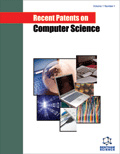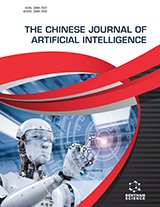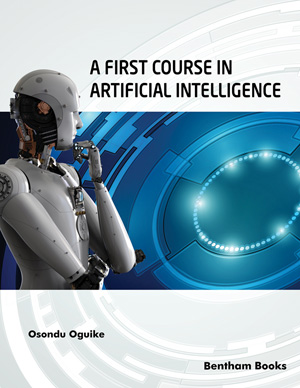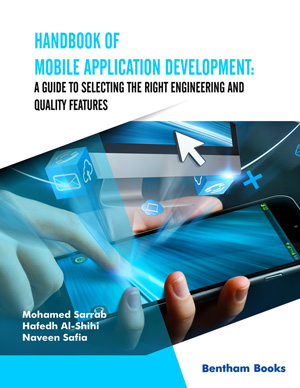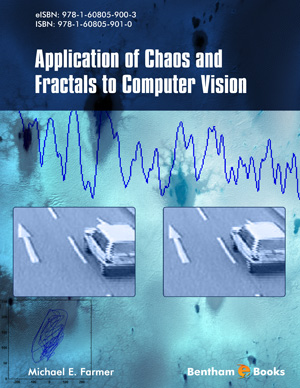Abstract
The life of an individual, an organization, and a country depends on the
movement of products and services across international borders. International trade
follows hallowed transportation lines; any disruption to these channels costs countries,
organizations, and people millions of dollars and raises the cost of conducting business
internationally. In order to ensure smart transportation, this study examined how
artificial intelligence (AI), the Internet of things (IoT), and tracking will affect
transportation. The introduction of these technologies (AI, IoT, tracking) into the
transportation value chain will lead to smart transportation and improve efficiency in
the area where they are introduced. The application of these technologies in the private
sector of a developing market was the main topic of our study. 100 respondents were
surveyed quantitatively in the private sector. SmartPLS was employed as a technique to
clarify the ad hoc interaction between smart transportation and the independent and
dependent variables of artificial intelligence, the internet of things, and tracking. The
findings of this study indicate that tracking, the internet of things, and artificial
intelligence have a good impact on smart mobility. The results of this study provide
compelling evidence that smart technology investments are necessary if efficiency is to
continuously increase. The findings from this study should help governments and
businesses make the necessary investments in IoT and AI infrastructure to benefit from
smart transportation, as this is the path to the supply of products and services. While
considering smart transportation, it is also necessary to shield it from potential
cyberattacks.



